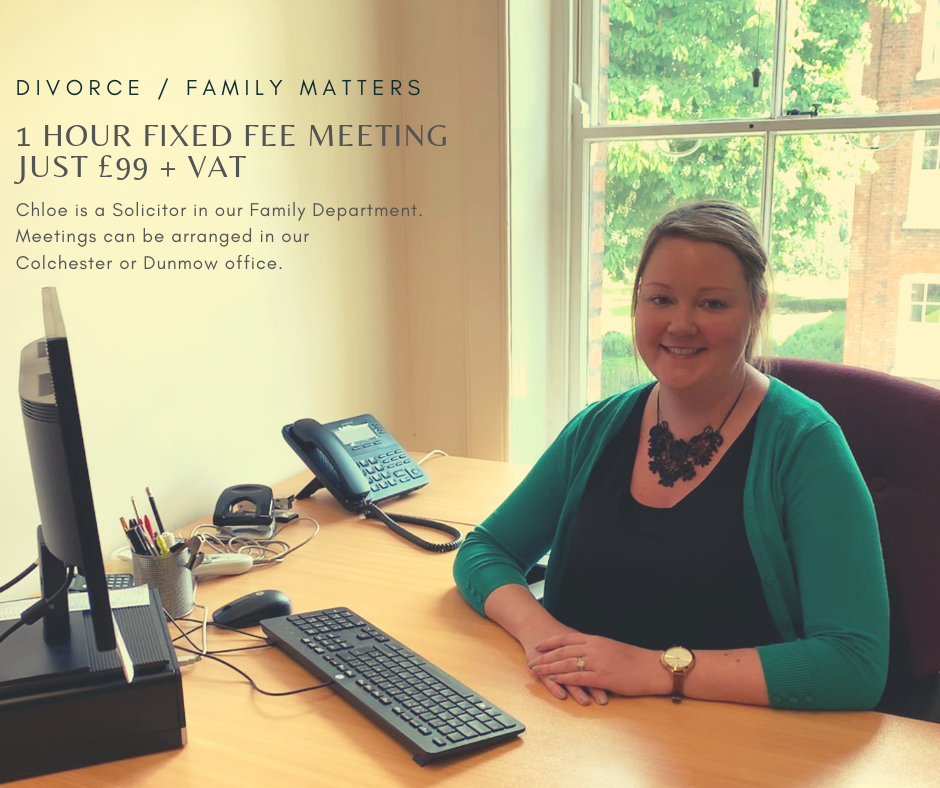LISTED BUILDINGS
Is not a listed building a joy to behold? The law underpinning listed buildings is designed to preserve for posterity buildings of special architectural or historic interest. When considered in that context, it is perhaps inappropriate to ever consider one individual as an owner of such a building, but more realistic to regard them as custodian of it for the time being. Therefore, it is no surprise that the legislation in relation to listed buildings and the related sanctions are draconian and can give rise to both civil and criminal liability.
There are three types of listed status for buildings in England and Wales being Grade I, Grade II* and Grade II. The majority of buildings by far are Grade II listed but a small number, of national importance, are listed as Grade I or Grade II*. Once a property is listed then, with certain limited exceptions that relate primarily to ecclesiastical buildings, a Listed Building Consent is required for any work that would affect the character of the building as a building of special architectural or historic interest. It is important to appreciate that the listing will affect not only the property itself but all structures within its curtilage and I will comment further on that point below.
The Local Planning Authority has significant powers of enforcement which are open-ended and are not subject to any time limit. The remedies that the Local Planning Authority can seek can involve a criminal prosecution for penalties and a requirement to carry out works of restoration or otherwise to the building.
It is a criminal offence to demolish a listed building or to carry out any works of alteration or extension which would affect its character as a building of special architectural or historic interest without Listed Building Consent. The criminal sanctions extend to any person who executes or causes to be executed any works for the demolition of a listed building or for its alteration or extension in any manner that would affect its character as a building of special architectural or historic interest. The potential liability under these sanctions can therefore extend beyond the owner or occupier of the property to builders, surveyors and even architects. The offence is punishable summarily or on indictment and can therefore involve significant fines and/or imprisonment.
The powers of restoration can include requiring the current owner of the property to rectify any unauthorised work even if that had been carried out by a previous owner of the property. The Local Authority can insist that the property is returned to the condition that it was in at the date of listing and enter the property itself to carry out that work in the event of a default.
As mentioned above, the listing affects not only the building itself but all structures within its curtilage. Broadly speaking, a Listed Building Consent would certainly be required in relation to any such structure that pre-dated 1948. Beyond that, fixtures to the building are protected as part of the listing. A planning consent would be needed for the construction of any free-standing structures within the curtilage of a listed building and the primary consideration upon any such application would be the visual effect on the setting of the existing listed property.
All of the above of course begs the question as to how one does know when a proposed alteration would affect the character of the building in such a way. There are cases when even what appeared on the face of it to be the most minor change to a property (such as painting a door in a different colour) was deemed to require a Listed Building Consent. In all cases, it is a question of fact and degree. Therefore, it is always advisable before undertaking any work to a listed building whether internally or externally and however minor it might appear on the face of it, to check with the Local Authority, or Conservation Officer if it has one, as to whether a Listed Building Consent is needed. During the course of any proposed purchase of such a building it is equally important to try and ensure from your own inspection and specialist survey that Listed Building Consents cover all identified alterations that have been made to a property since the date of listing.
The bottom line is that whilst living in a listed property can be a joy, one needs to think carefully and budget for the potential costs that might be involved in maintaining and preserving such a building and bear constantly in mind the restrictions on alterations that the law imposes.
If you have any questions on listed buildings, our Conveyancing Team would be happy to help.





